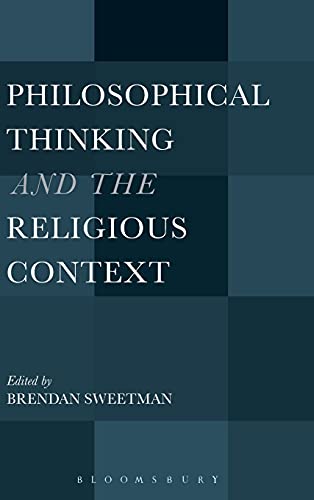

Most ebook files are in PDF format, so you can easily read them using various software such as Foxit Reader or directly on the Google Chrome browser.
Some ebook files are released by publishers in other formats such as .awz, .mobi, .epub, .fb2, etc. You may need to install specific software to read these formats on mobile/PC, such as Calibre.
Please read the tutorial at this link: https://ebookbell.com/faq
We offer FREE conversion to the popular formats you request; however, this may take some time. Therefore, right after payment, please email us, and we will try to provide the service as quickly as possible.
For some exceptional file formats or broken links (if any), please refrain from opening any disputes. Instead, email us first, and we will try to assist within a maximum of 6 hours.
EbookBell Team

5.0
100 reviewsThis new collection covers a wide range of cutting-edge and timely questions in contemporary philosophy of religion from a rich variety of backgrounds and perspectives. The essays in the volume deal with a range of fascinating topics in the philosophy of religion such as views of God's nature in process philosophy and theology, process views compared with traditional views (such as that found in St Thomas Aquinas), teleology and purpose in human life and in the universe, religion and evolution, the problem of evil both in human experience and in the natural world, and ethical questions concerning the human road to God, and the question of human rights in pluralist, democratic states.
The essays in the first section, "Approaches to God," examine the rationality of the approach to the nature of God defended in process philosophy, particularly in the work of two pioneering thinkers, Charles Hartshorne and A.N. Whitehead. The second section of the book, "Science, Evolution and God," turns to the engagement of Christian views regarding the nature of God and creation with modern developments in science and philosophy. The last section, "Philosophy of Religion and Ethics," takes up broader, more foundational questions. Santiago Sia concludes the volume with a sustained reflection on the nature of philosophy, and philosophizing, a discussion to which he brings many insights and experiences from his own academic career.